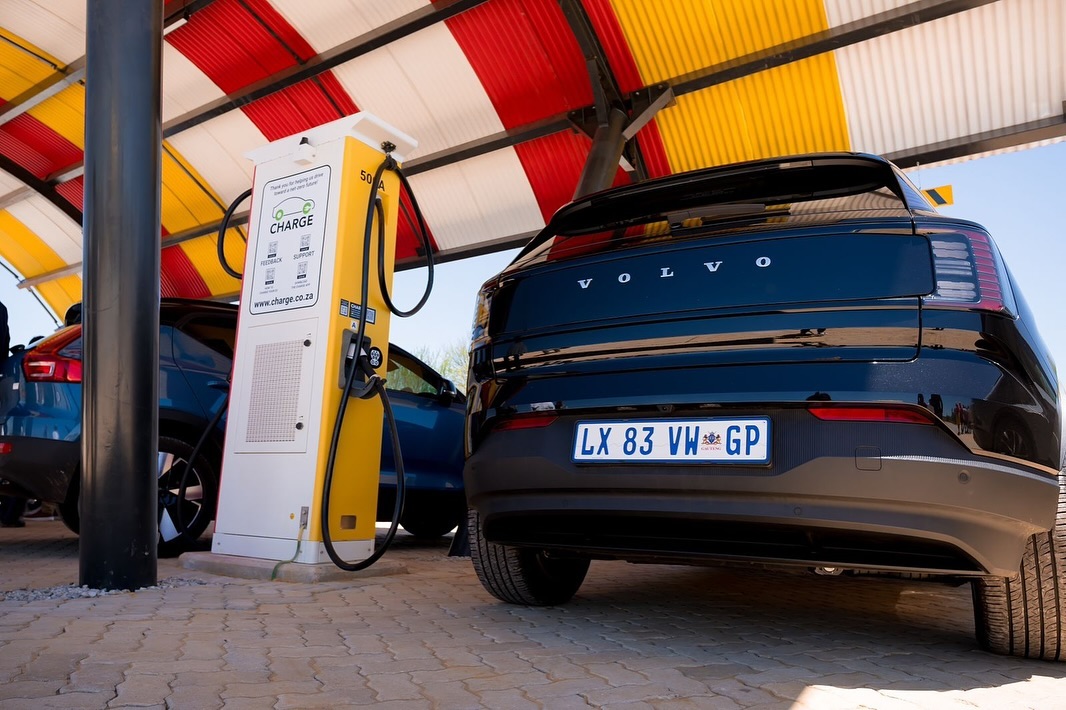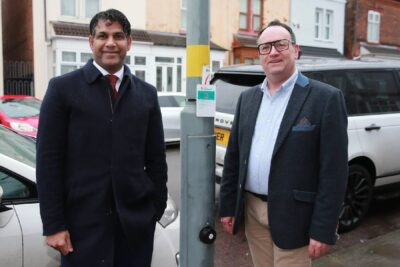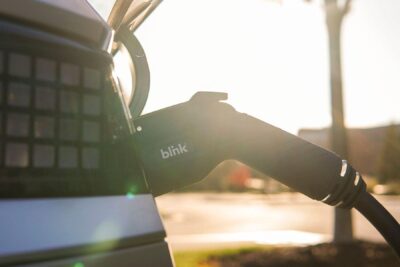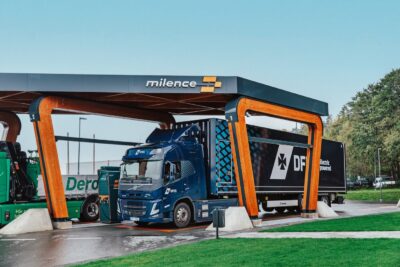Zero Carbon Charge unveils South Africa’s first off-grid charging station
480 bifacial solar panels will provide up to 280kW of electricity to the facility. In addition, the charging station will get extra power from a 546kWh liquid-cooled battery. This battery will be useful when the solar farm’s capacity cannot meet electric cars’ charge demands. In case of unforeseen contingencies, the company has prepared a backup 250kVA generator that operates on hydrotreated vegetable oil.
The N12 charging facility has six DC charging points, four of which are said to be liquid-cooled and can charge up to 480kW each. There is no information about the two remaining charging points. There are also two AC points adjacent to the covered DC chargers. MyBroadband reports that the former can add 300 km of range to a Porsche Taycan in 18 minutes.
Zero Carbon Charge reported that it tested the off-grid stations using Volvo EX30 models before officially commissioning the site.
Executive Chairman of Zero Carbon Charge, Joubert Roux, said the off-grid charging station marks a significant milestone in South Africa’s transition to EVs and a carbon-free future. He added: “This has been a three-year journey, highlighting our commitment to making our off-grid network a reality as we believe it will benefit South Africans in multiple ways.”
South Africa has over 400 public charging stations powered by the grid. Zero Carbon Charge’s off-grid charging station is a game-changer in South Africa’s EV industry. In the coming years, the company plans to expand its charging facility to 120 solar-powered charging stations for electric cars by early 2026. It also wants to install the same number of stations dedicated to electric trucks.
Earlier this year, Zero Carbon Charge agreed with the government of South Africa’s Free State province on a 4.3 billion rand (around 220 million euros) project to set up 15 charging stations for electric cars and seven charging stations for electric trucks. The company wants to complete these by September 2025. According to local media, the next site will be located in Eastern Cape, and construction will be ready to start early next year.





0 Comments